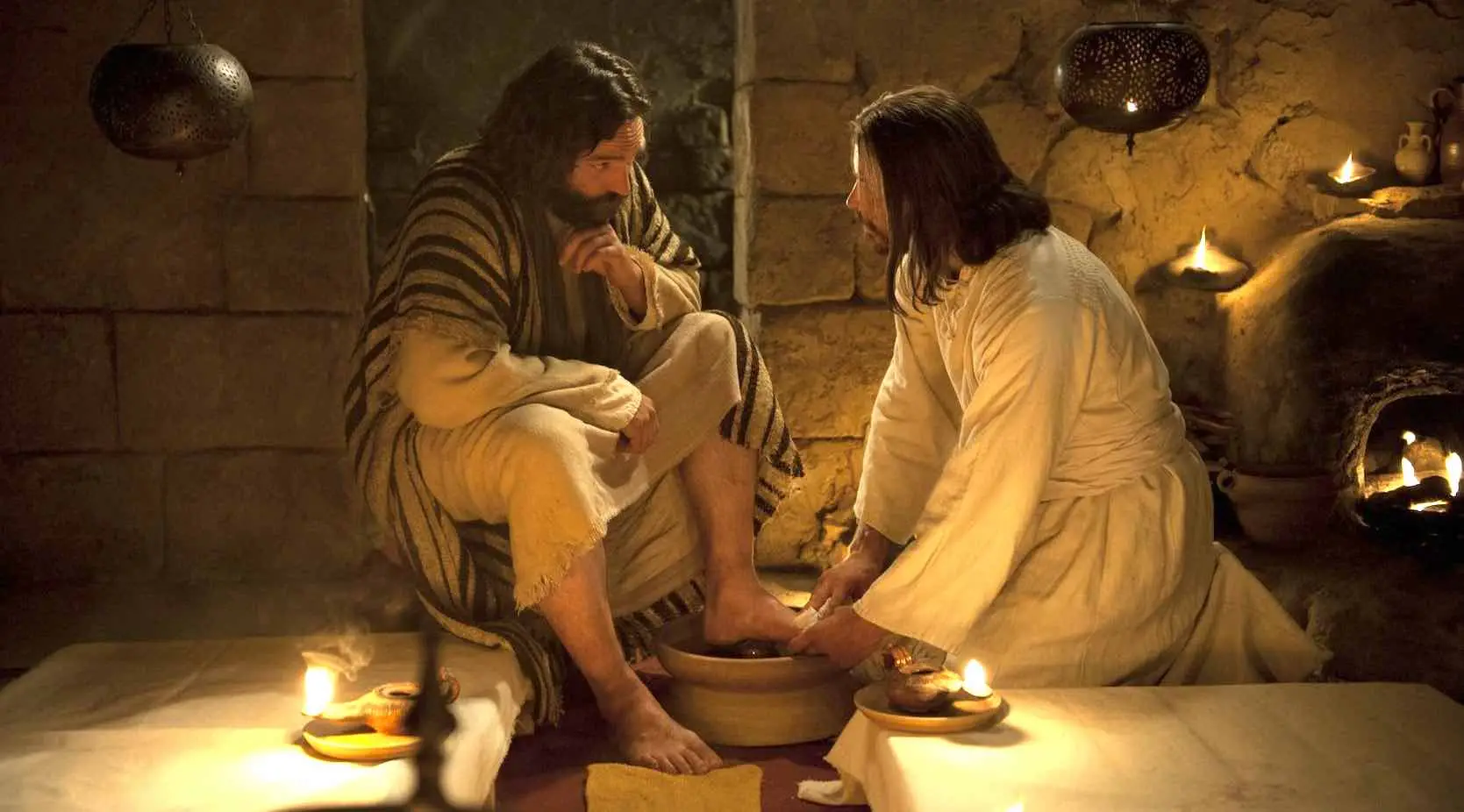I guess we all know that being a leader can be hard work and stressful.
Taking responsibility, setting direction, motivating and managing people with all their emotions and quirks, helping everyone to work together harmoniously and keeping everything on track can be emotionally exhausting.
Carey Nieuwhof reckons pastors in the US (and probably elsewhere) have a particularly large leadership challenge today – and it’s affecting their health and wellbeing.
Healthy leadership?
Speaking at a Leadership Conference in London earlier this year, Carey (pictured) noted that US Protestant pastors’ mental, emotional and spiritual wellbeing are not as good as they were just a decade ago.
More than half feel like they don’t have any private life. Quality of life, mental and emotional health and friendships have all dipped significantly in 8 years.
Three factors making it difficult
1. Impossible Job Descriptions
Pastors are expected to fulfill contradictory roles (visionary yet non- controlling etc.) and this creates immense pressure and unrealistic expectations.
2. Changing Church Dynamics
Churches are becoming smaller or larger, with few stable, mid-sized congregations. Small churches struggle with resources and large churches face overwhelming administrative burdens.
3. The Perfect Storm of Christian Leadership
Work, faith, and community roles merge, leading to isolation, confusion and difficulty maintaining personal relationships or managing multiple, overlapping roles.
Better church leadership
Carey suggests sensible ways to alleviate the problems, but I wonder whether the current model of Protestant church leadership needs to change.
Leading a church has become more complex …..
Time was, ministers in the English village church had a very simple role. It was a Christian country. Most people attended, or at least respected, church. The minister conducted Sunday services, officiated at christenings, marriages and funerals, visited the sick, and that was about it. He could do it all himself with the help of a part time organist and volunteer verger.
But in the twenty first century, church life in the first world is much more complex.
- Not so many people attend any more, so the church needs to evangelise and raise money, or die.
- People are mobile and can easily change churches, so each churcn has to compete to produce attractive services (including chikldren’s groups) and community.
- Christian faith isn’t the only life choice on offer, so churches need to do more to teach children and youth so their faith can stand up to the challenges they will face..
- Modern life has become complex and time poor, with adults paying off expensive homes and their children facing almost 20 years of study, so volunteering is down.
- Organisations including churches have administrative responsibilities such as financial regulations, occupational health and safety, safeguarding children, etc.
- Larger churches have staff that have to be managed. All churches need volunteers that need to be managed.
….. creating more pressure on leaders
Larger churches typically employ staff to take on many of these duties. But the leader still has to manage the staff, set direction and preside over decision-making.
In smaller churches, the pastor may have to take on many of these roles, or find lay people to do them.
In both cases, the senior pastor will generally be seen as being responsible for success or failure, which would likely be measured in terms of attendance and finances.
Handling the pressure
Senior pastors, congregations and denominations resolve leadership in different ways.
- Some denominations are hierarchical, which may provide support for struggling pastors, but may constrain them or put extra pressure on them.
- There will always be a question of streamlined single person leadership versus slower shared leadership.
- Some pastors delegate more and trust their staff and volunteers more, while others choose (or are forced) to take much more responsibility on themselves.
Is change needed?
My feeling is that we have got the balance wrong in most first world churches.
Staff, and senior pastors in particular, have often taken on too much responsibility and work. Burnout and dropout are rising. Gifted laypeople are often under-used, whether because they are not encouraged or even asked, or because they lack time or inclination.
Perhaps a different perspective on leadership roles, particularly with much more shared leadership, would lessen the problems Carey Nieuwhof outlines.
But change won’t be easy. Pastors are mostly trained to preach, not to manage change or people. Divesting power can be scary. Congregations put money in the plate and can insist on being given what they want, even if it won’t preserve the church into the next generation.
Jesus said leaders must be servants (Mark 9:35). Perhaps embracing this ethic would make a difference? Read more in Who’s the boss? Leadership in the christian church.
Read more on this site

Who’s the boss? Leadership in the christian church
Leadership is an important matter for christians. What if we have got it badly wrong? We can learn from Jesus.

Too much the same?
Many Christians are really comfortable with the familiar, but is it keeping the church from its mission?

True stories
Check out these accounts of christians doing something new, something inspiring, something that points a way forward for the church.

A lead role in a cage?
Just like famed but tragic rock star Syd Barrett, are pastors settling for a lead role in a cage?

Leave a Reply